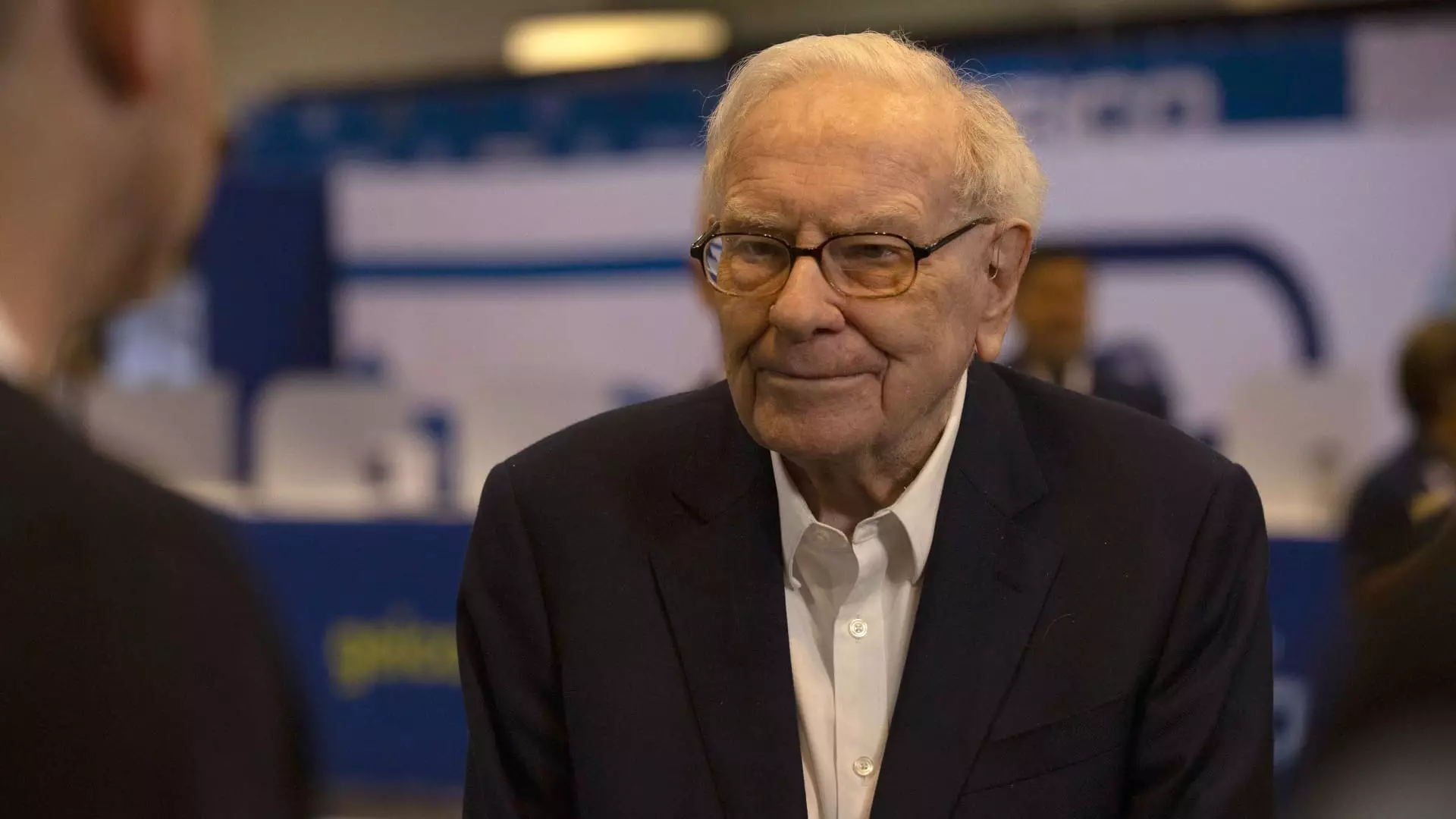In a notable strategic maneuver, Warren Buffett’s Berkshire Hathaway has reduced its stake in Bank of America (BofA) to below the significant 10% threshold. This action follows a broader trend observed since mid-July, where a series of stock sales has occurred, culminating in the recent divestiture of over 9.5 million shares. Such a decision raises questions about Buffett’s long-term confidence in the banking sector and warrants a deeper investigation into the motivations and implications behind this move.
According to the latest filing with the U.S. Securities and Exchange Commission (SEC), Berkshire’s holdings in Bank of America now stand at approximately 775 million shares, representing a stake of about 9.987%. The importance of falling below the 10% threshold cannot be overstated; it exempts Berkshire from the necessity of timely transaction reporting, thus providing greater operational discretion moving forward. The next regulatory filing, a 13F report expected in mid-November, is anticipated to shed light on Berkshire’s overall equity posture as of September’s end, providing further insights into Buffett’s investment strategy.
Despite Berkshire Hathaway’s recent sales, BofA’s stock has shown resilience, inching up approximately 1% over the past month. This slight increase suggests that the market is absorbing the stock well, which may be bolstered by the bank’s own stock repurchase initiatives. Bank of America CEO Brian Moynihan has indicated optimism regarding their market absorption, presenting a contrasting view to Buffett’s cautious perspective on banking investments.
Buffett’s relationship with Bank of America has always been characterized by strategic timing and confidence during turbulent periods. His initial investment of $5 billion in preferred shares and warrants in 2011 was a pivotal moment, aimed at bolstering confidence in the bank post the subprime mortgage crisis. The conversion to common stock in 2017, followed by subsequent investments, positioned Berkshire as BofA’s largest shareholder. However, the recent trend of divesting from banking stocks, including significant holdings in JPMorgan, Goldman Sachs, Wells Fargo, and U.S. Bancorp, suggests an evolving view of the banking landscape.
Buffett’s cautious stance on banking stocks indicates underlying concerns regarding the sector’s stability. Reflecting on the prior banking crises of 2008 and 2023, he noted a noteworthy reduction in depositor confidence, compounded by negative messaging from regulators and political figures. Additionally, advancements in digital banking and financial technology have transformed the nature of bank runs, highlighting vulnerabilities that investors must now consider.
As Berkshire Hathaway recalibrates its position in Bank of America, the implications of Buffett’s choices are profound. Investors and analysts alike should closely monitor how this shift reflects broader trends within the banking industry and influence future investment strategies. While Bank of America maintains its status as Berkshire’s largest institutional investment, Buffett’s retreat underscores a strategic reevaluation of risk in an ever-evolving financial landscape. The upcoming months will be crucial in determining not only BofA’s performance but also the larger narrative of confidence within the banking sector as it navigates post-crisis realities.

